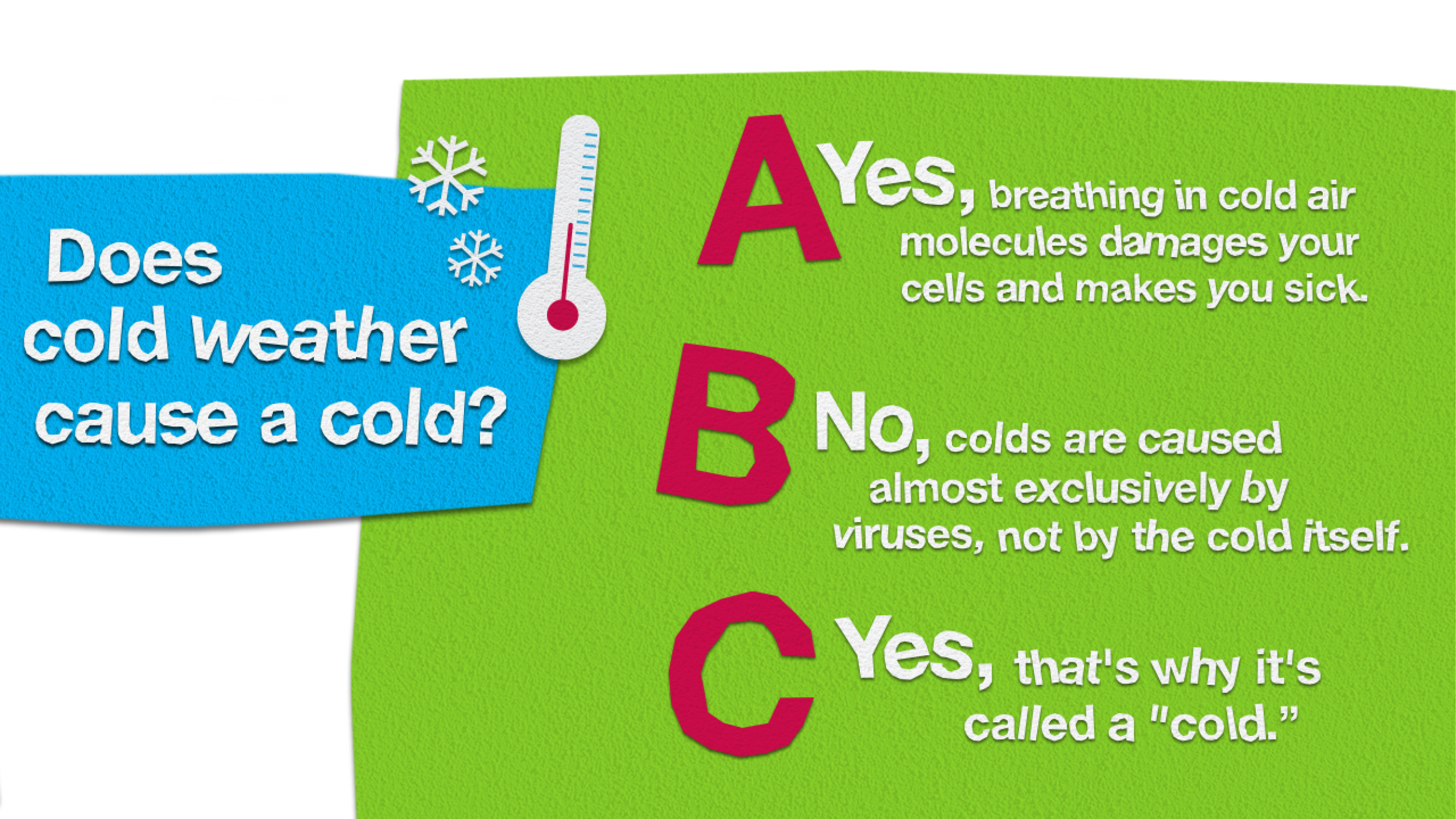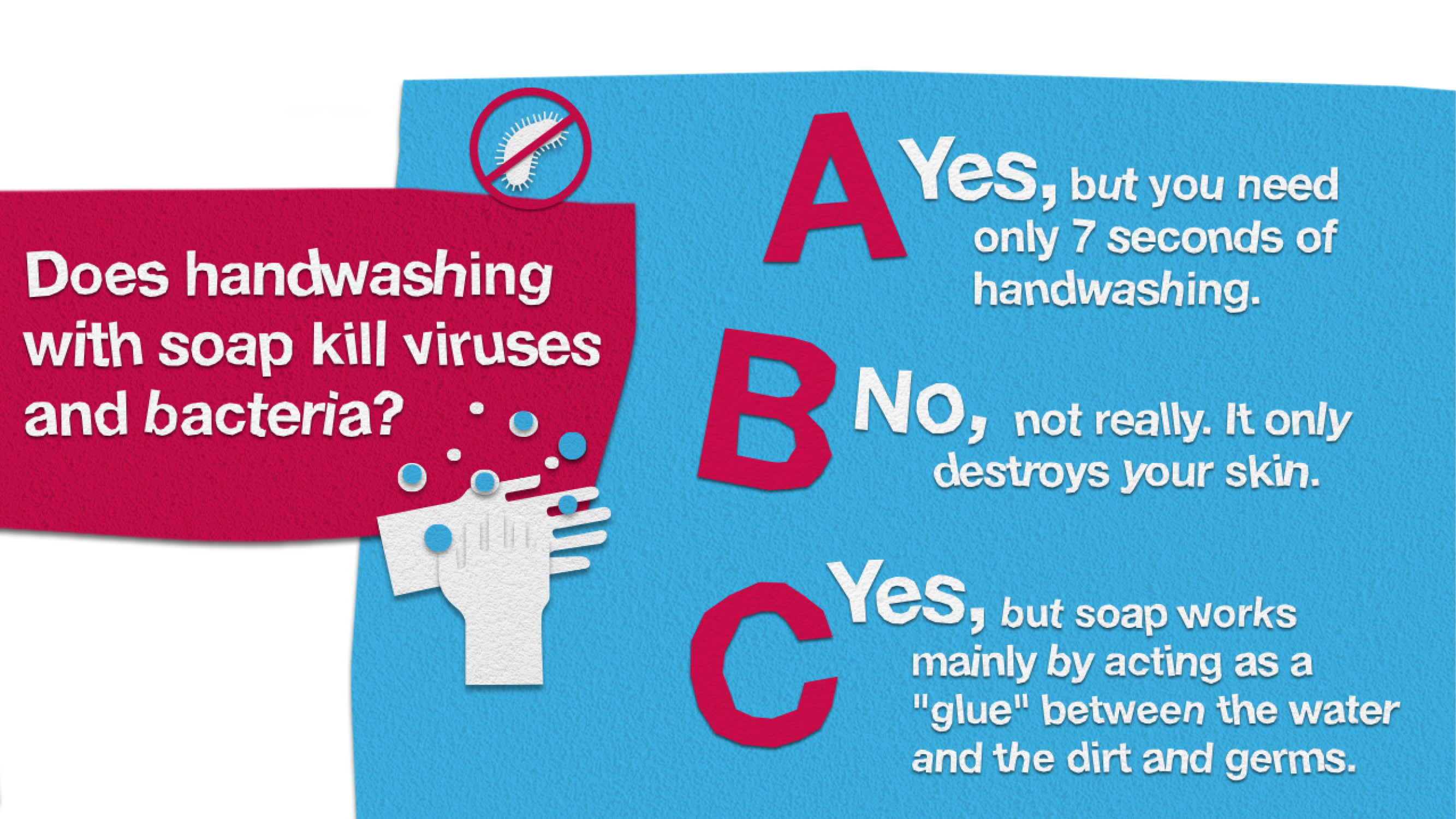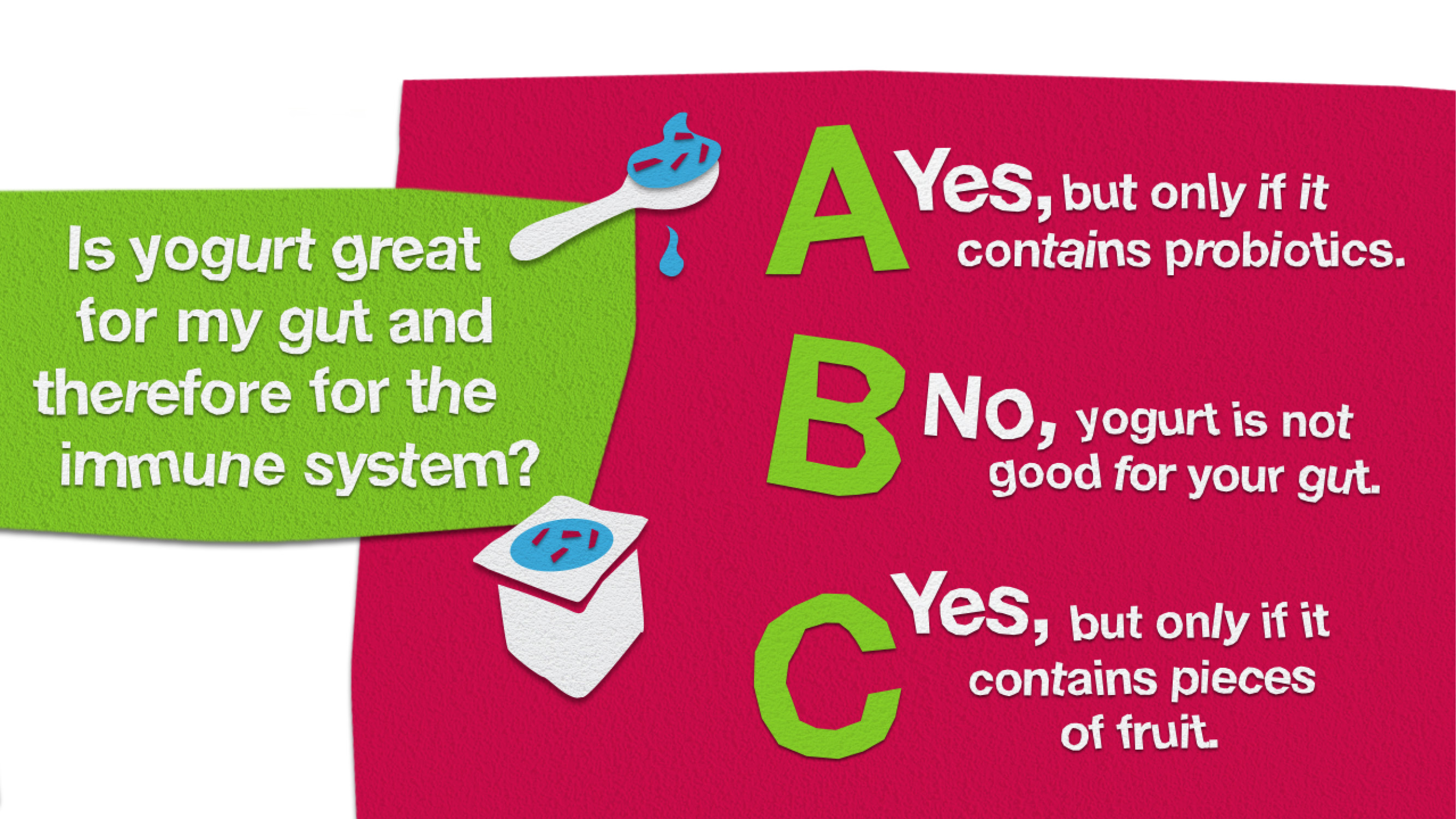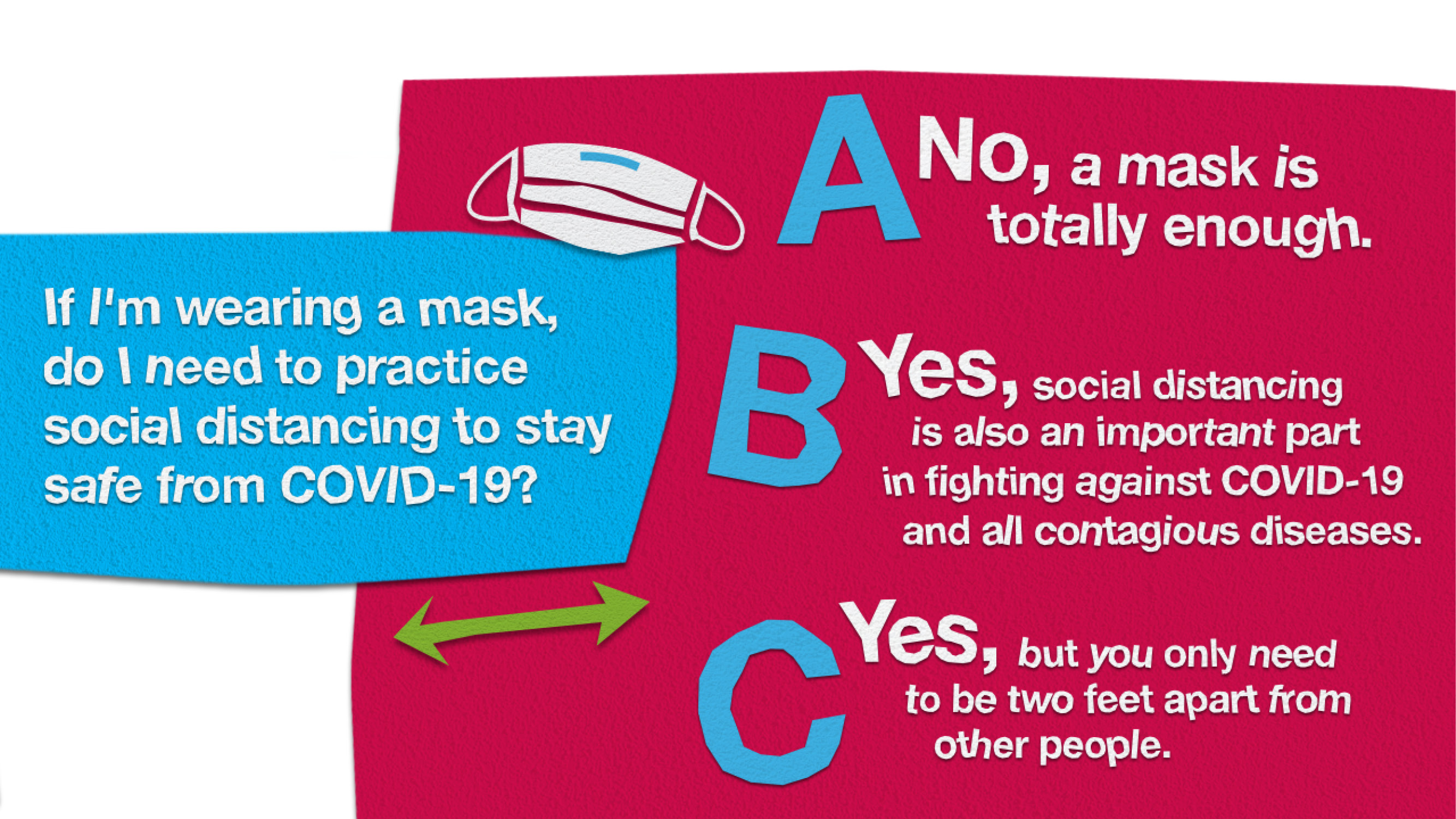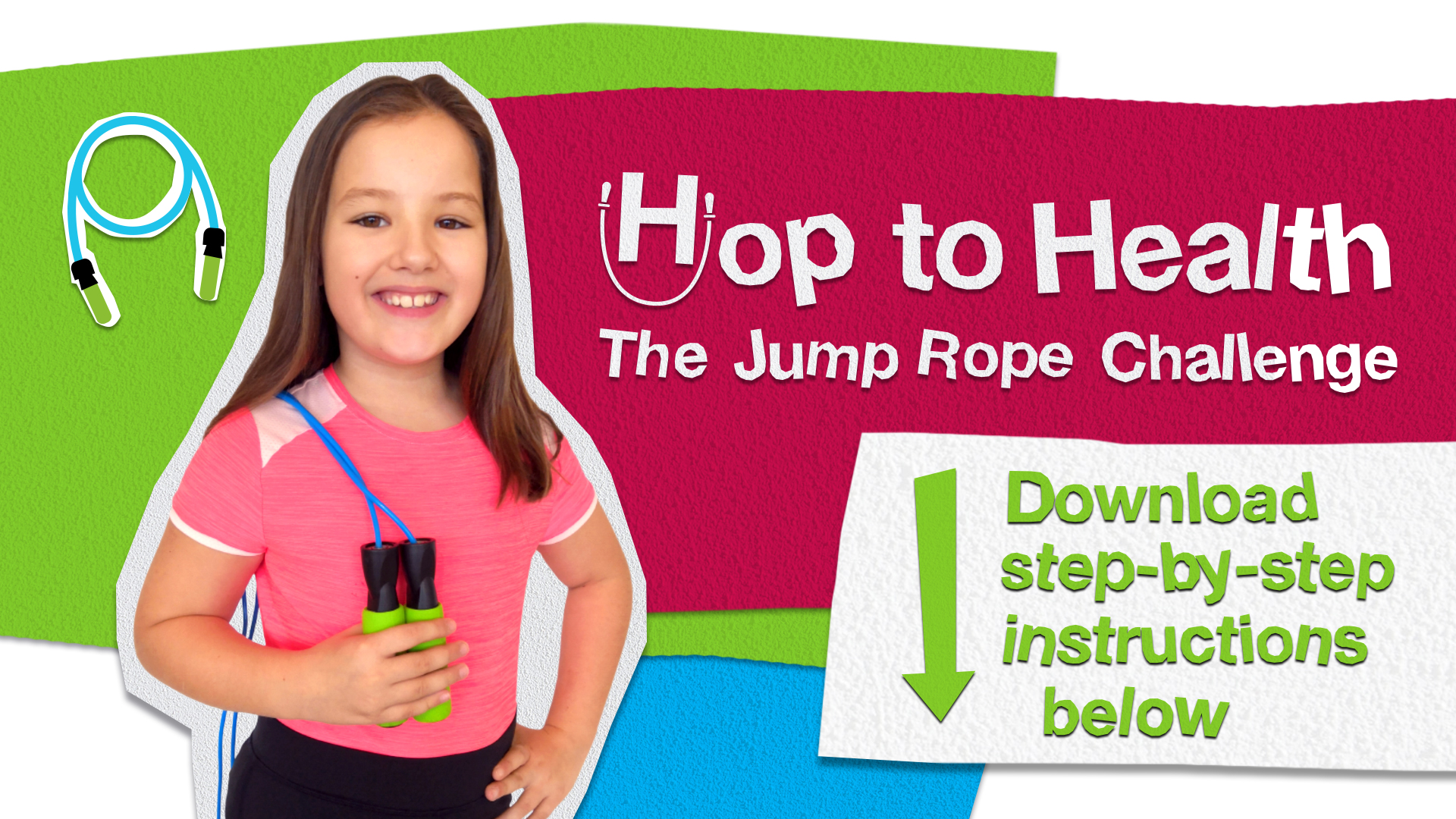The Immune System: Your Personal Superpower
| Infectious bacteria |
|
| Viruses |
|
| First line of defense: Phagocytes (pronounced: FAH-guh-sites) |
|
| Second line of defense: Lymphocytes (pronounced: LIM-fuh-sites) |
|
We are inviting you to share your personal stories and recommendations on how to #staywell physically and mentally these days.
Online workout-sessions, a stroll through the park or listening to the relaxing sounds of classical music, cooking a healthy meal and getting the right vitamins and nutrients – all these are great ways to stay healthy and fit.
Which ones are your go-to tips? We are thrilled to learn which ones you have successfully included in your daily #staywell routine.
Want to share your #staywell tips?
-
Record a 30 sec video and post via personal social media account under the hashtags #staywell
-
Tag your friends or colleagues to join the challenge and share their #staywell tips in social channels.










